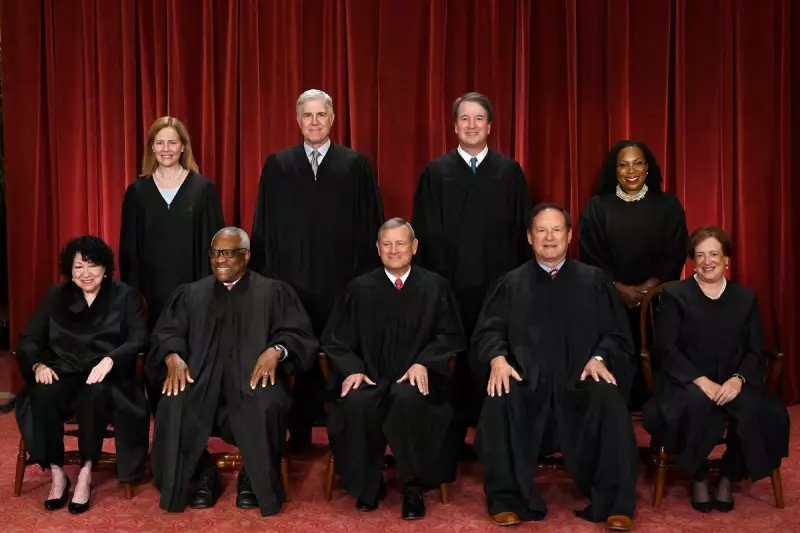
Conservative US Supreme Court Justices Samuel Alito and Clarence Thomas are facing mounting pressure to retire, as political tensions escalate over the future of the nation's highest court. The debate mirrors the controversy surrounding the late Justice Ruth Bader Ginsburg, who opted not to step down during Barack Obama's presidency, ultimately leading to a conservative shift under Donald Trump.
Political Calculations and Judicial Legacy
The discussion centres on whether Alito, 74, and Thomas, 76, should retire while Republicans hold the White House and Senate, ensuring their replacements align with conservative values. Critics argue that failing to do so risks a repeat of Ginsburg's situation, where her death in 2020 allowed Trump to appoint Amy Coney Barrett, solidifying a 6-3 conservative majority.
Historical Precedents and Partisan Divides
This isn't the first time justices have faced retirement calls. Ginsburg resisted pressure during Obama's term, while Anthony Kennedy retired strategically under Trump. The current debate highlights the increasingly partisan nature of Supreme Court appointments, with Democrats wary of lifetime appointments shaping American law for decades.
The Age Factor and Court Dynamics
While neither justice has indicated plans to retire, their ages and the court's rightward tilt have fuelled speculation. Alito, appointed in 2006, and Thomas, serving since 1991, remain influential conservative voices. Their potential departures could significantly impact rulings on abortion, gun rights and other contentious issues.
The situation underscores the delicate balance between judicial independence and political strategy in America's highest court, with ramifications that could echo for generations.






